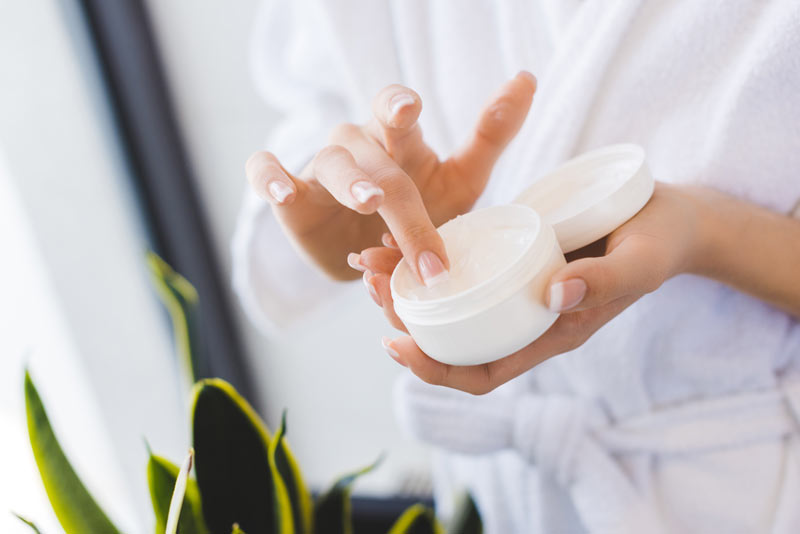Consumer Goods
Overview
South Africa is Africa’s largest market for cosmetics and personal care products. In 2018, the sector recorded close to $3.2bn in revenue. Household spending on personal care products is expected to grow by 25% over the next five years. The manufacturing of cosmetics contributes about 1% to South Africa’s manufacturing output. Haircare is the largest sub-category within the cosmetics and personal care sector. Large multinational companies dominate the personal care market in the country, accounting for 90% of sales.


Value Proposition
South Africans have become more inclined to consuming organic skin and hair products, with close to one-quarter claiming that natural, organic, or environmentally friendly considerations influence their purchasing decision. South Africa has the most established retail network in Africa. The three dominant retailers in the sector operate more than 1000 drugstores and pharmacies. This provides ready access to consumers and simplifies distribution across the country. Imports of cosmetics have almost doubled in the last 10 years, presenting opportunities for localising production. South Africa is rich in natural plants generally required to produce organic skin/hair products. Locally produced ingredients include: Aloe ferox, Buchu (Agathosma Betulina), marula, baobab, honey bush, rooibos etc. Given the current high dependency on imported raw materials, indigenous ingredients present an opportunity to reduce this import dependency. South Africa has strong research and development capabilities in the cosmetics industry. Companies have in particular invested in R&D capabilities related to African hair and skin care products. The local expertise presents opportunities for manufacturers to supply the global multi-billion-dollar African hair and skin care market.
Where to invest?
Where to invest?
South Africa offers a forward integrated value chain, including distribution, packaging and supplying finished products to retailers.
South Africa provides a favourable enabling environment for the cosmetics and personal care industry. The South African government and industry players offer support through various incentive programmes and skills development support for the industry.
Innovation Support – Innovation support is available through programmes such as the Support Programme for Industrial Innovation (SPII), the Technology and Human Resource for Industry Programme (THRIP) and the SEDA Technology Programme (STP).
TIA: Technology Innovation Agency
Council for Scientific and Industrial Research (CSIR), Universities
Financial Support – The Department of Trade, Industry and Competition’s (dtic) Manufacturing Competitiveness Enhancement Programme (MCEP) provides financial support in the form of working capital facility and niche project funding for activities that are aimed at job creation, diversification of manufacturing output and contribution to exports. Others include the Industrial Development Corporation (IDC), Small Enterprise Finance Agency (SEFA) and the National Empowerment Fund (NEF).
Skills Development Support – A number of institutions offer skills development programmes and training courses for the sector. The institutions include: (i) Chemical and Allied Industries Association (ii) UCT’s Hair and Skin Research Laboratory in the Division of Dermatology (iii) Society of Cosmetic Chemists (COSCHEM) (iv) Cosmetics Toiletry Fragrance Association (CTFA) (v) SAAFFII
Export Support – The dtic’s Export Marketing and Investment Assistance (EMIA) and the Sector Specific Assistance Scheme (SSAS) provide support for exporters to develop and succeed in export markets.
CECOSA: Cosmetics Exports Council of South Africa
Your Local Contact
- Charles Manuel
-
Director: Manufacturing
-
+27 12 394 5474
- CManuel@thedtic.gov.za


